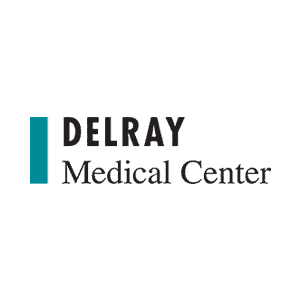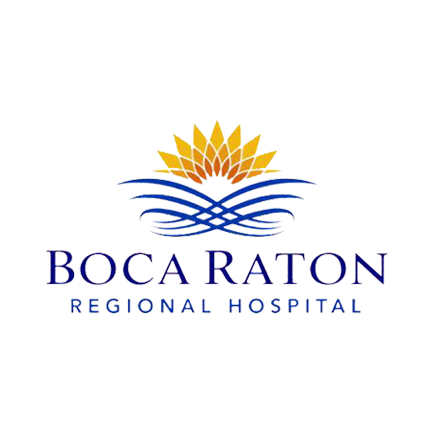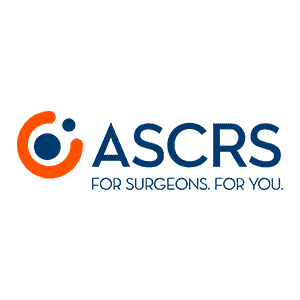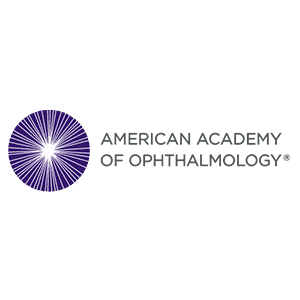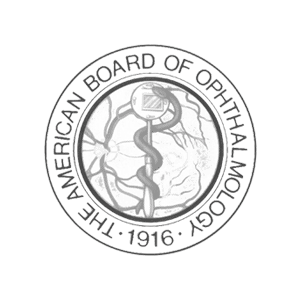Common Strabismus Questions
What is strabismus?
Strabismus is a common eye problem in which eyes look in different directions. It can affect both kids and adults. In strabismus, one eye looks ahead while the other points in another direction.
- Esotropia: inward-turning eye
- Extropia: outward-turning eye
- Hypertropia: upward-turning eye
- Hypotrophia: downward-turning eye
- Paralytic strabismus: limited eye movement strabismus
There are dozens of different subtypes of strabismus within these groups, as well. If you suffer from strabismus, the affected eye may sometimes return to normal position sporadically. The eye affected by strabismus can change, but it affects only one eye at a time.
Because your eyes look in two different directions with strabismus, your brain gets very different images from your eyes. To compensate for this confusion, sometimes strabismus sufferers start suppressing images from one eye (the weaker eye). But, if strabismus isn't treated, the weaker eye might never function efficiently.
What are the symptoms of strabismus?
Strabismus symptoms can vary by sufferer and type of strabismus, and can include:
- Double vision
- Independent movement
- Squinting
- Poor depth perception
- Head tilt
- Blurry vision
- Tired eyes
Your Cohen Laser & Vision Center ophthalmologist can diagnose strabismus and start an effective treatment plan right away.
What causes strabismus?
Strabismus is generally related to problems with the eye muscles or the nerves that innervate them. Poor vision, uncorrected refractive errors, stroke, and eye injuries can also cause strabismus in adults. Often, strabismus is inherited and presents in early childhood. It is critical that parents with a family history or concern for a child's eye misalignment seek care by a pediatric ophthalmologist.
What is the most effective treatment for strabismus?
Strabismus treatment focuses on restoring optimal vision with both eyes. The approach depends on your type of strabismus, and how the condition affects you. Options can include:
Refractive error correction
If you have uncorrected refractive errors, such as myopia or astigmatism, your ophthalmologist will prescribe eyeglasses or contacts. With the right prescription, your eye muscles don't have to work so hard.
Prism lenses
Prism lenses bend and focus light in a unique way that lowers stress on your eye muscles.
Eye muscle surgery
Your Cohen Laser & Vision Center ophthalmologist may recommend strabismus or "eye muscle" surgery if needed. Due to the complexity of these procedures, you may be referred to a specialist like a pediatric or neuro-ophthalmologist. During surgery, the ophthalmologist doesn't take your eyeball out of its socket. Instead, the surgeon makes a tiny incision in the skin over your eye (conjunctiva) to access the eye muscles. For optimal results even after surgery, you might still need eyeglasses, contacts, or prism lenses; it is not uncommon for additional surgery to be performed months or years later to optimize outcomes as well.
Other treatment options, like eye patches, are sometimes helpful in strabismus treatment, too. Your ophthalmologist will design an ideal strabismus solution for you.
For strabismus or double vision help, call Cohen Laser & Vision Center or book your appointment online today.
Want More Information?
Contact us today so we can answer your questions.
Call us now at (561)981-8400, or request an appointment online here.








